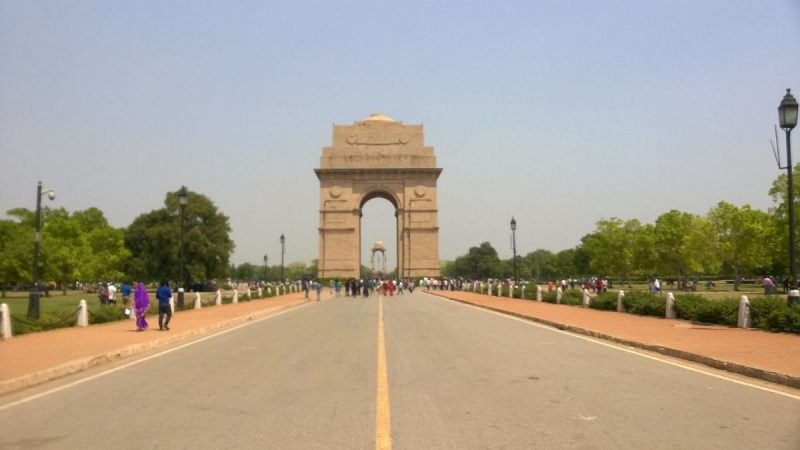The renaming of Rajpath to Kartavya Path in September 2022 represents a significant shift in India’s post-colonial identity. The road, which runs from Rashtrapati Bhavan to India Gate in New Delhi, has a complex historical legacy that mirrors India’s journey from colonial rule to independence and beyond. Here are all of the other important details that you would need to know about the history of the names that this road has had.
Republic Day 2025: Why Was Rajpath Renamed To Kartavya?
The decision to change the name to Kartavya Path reflects a broader decolonisation effort in modern India. ‘Kartavya’ means ‘duty’ in Sanskrit, shifting the symbolism from one of ruling power to civic responsibility
This change aligns with Prime Minister Narendra Modi’s vision of removing symbols of colonial legacy and emphasising Indian values and culture. The ceremonial boulevard has historically been the site of significant national events, most notably the annual Republic Day parade.
Its architectural grandeur, with wide lawns and water channels, makes it one of New Delhi’s most iconic spaces. The rename coincided with the renovation of the entire stretch, including improved pedestrian facilities and better amenities for visitors.
History Of The Names This Road Has Had
Originally called Kingsway during British rule, the road was designed by Edwin Lutyens as part of New Delhi’s colonial architecture. The name ‘Kingsway’ was a direct reference to the British Emperor, symbolising imperial power and authority over colonial India.
After independence in 1947, it was renamed ‘Rajpath’. This essentially translated the colonial name into Hindi – ‘Raj’ meaning ‘rule’ or ‘ruler’. This transformation from Kingsway to Rajpath to Kartavya Path reflects three distinct phases in the road’s identity.
These are colonial subjecthood, the post-independence continuation of colonial legacy, and finally, a conscious break from colonial nomenclature towards Indian values. The change emphasises a shift from the concept of rule to that of civic duty and responsibility. It suggests a more democratic and participatory vision of citizenship in modern India.
What do you think about this name change? Let us know in the comments section below!
Cover Image Credits: Wikimedia Commons
For more such snackable content, interesting discoveries and the latest updates on food, travel and experiences in your city, download the Curly Tales App. Download HERE.

